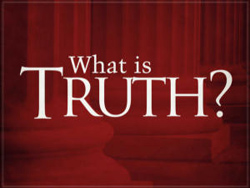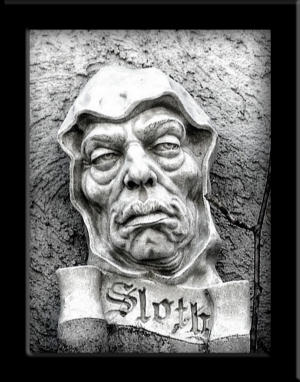 by Andrew M. Greenwell, Esq. –
by Andrew M. Greenwell, Esq. –
“What is truth?” famously stated Pontius Pilate to Jesus who had proclaimed himself to be “the Truth.” (Cf. John 18:38; John 14:6). As an unbelieving pagan blind to the Incarnate Truth before him, the Roman procurator was oblivious of the irony in his words.
Pilate, it should be noted, was not asking Jesus the question as a philosopher or a religious seeker. He was asking the question as a human judge, as the holder of authority, of temporal power. “Don’t you realize I have the power either to free you or to crucify you?” (John 19:10).
Truth, however, does not rely on human or temporal power. Truth and temporal power are altogether different categories. Whether freed or crucified, Truth remains what it is: Truth. [Read more…]

 by Fr. James Farfaglia –
by Fr. James Farfaglia – by Jordan Ballor –
by Jordan Ballor – by Paul Tripp –
by Paul Tripp – by Louie Verrecchio –
by Louie Verrecchio – by Fr. Brian Mullady, OP –
by Fr. Brian Mullady, OP – by Fr. Patrick Henry Reardon –
by Fr. Patrick Henry Reardon – by Paul Kokoski –
by Paul Kokoski – by Peter Kreft –
by Peter Kreft –